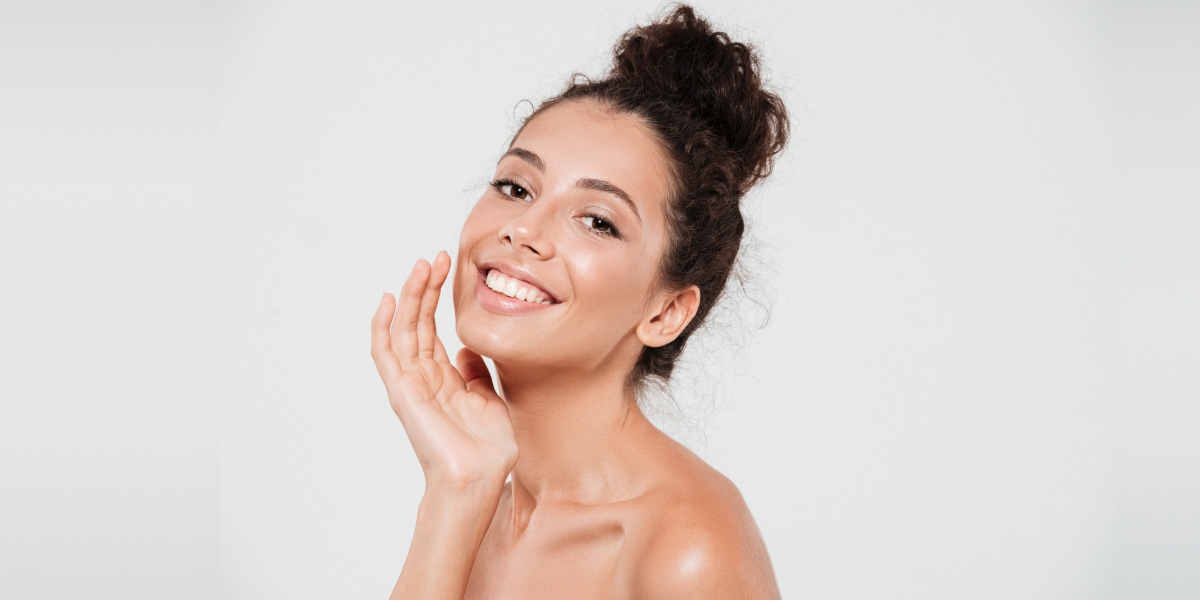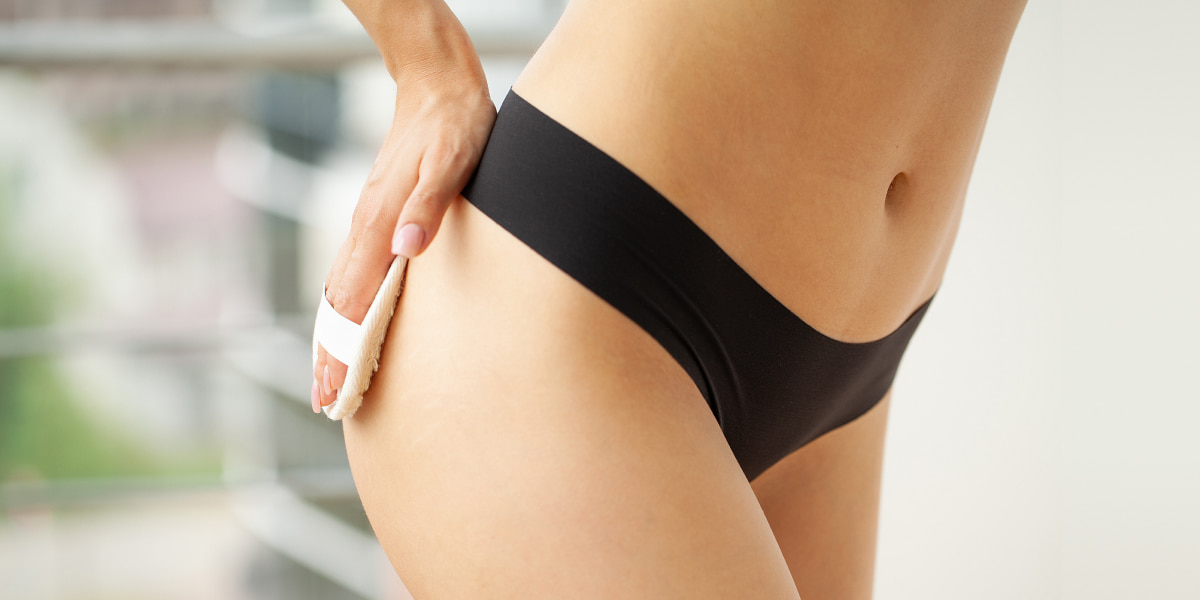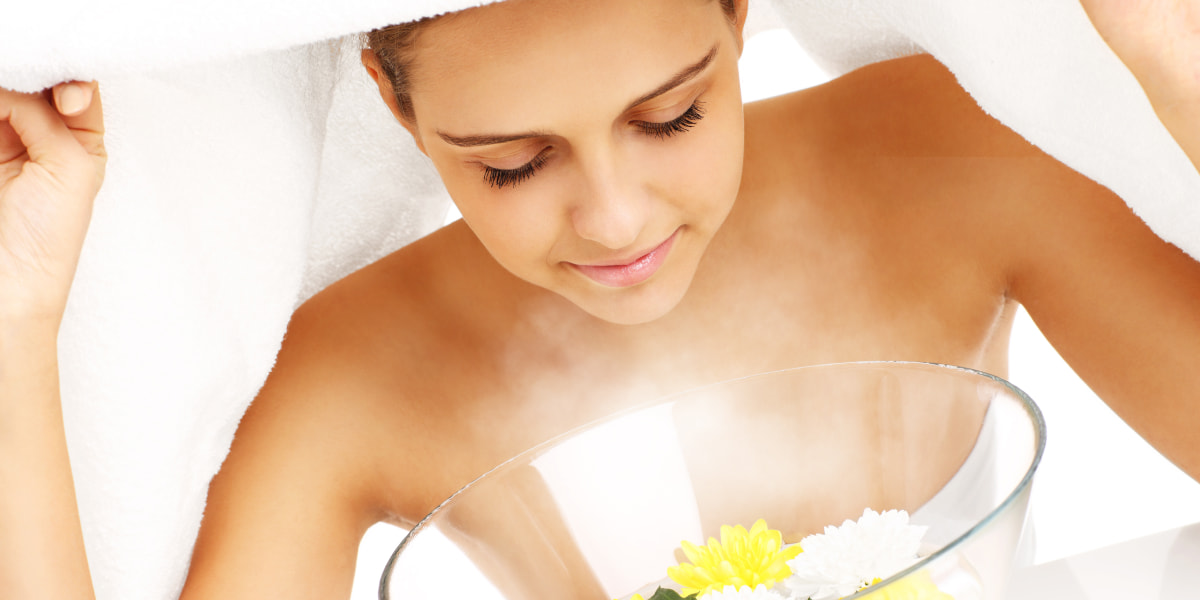Published on December 28th, 2022
Last updated on August 24th, 2023
Best Safe Sunscreen For Pregnancy

Pregnancy probably revises many aspects of your routine. Many moms wonder about the safety of products on their faces, hair, and skin. Sunscreen can be one of those questionable products. In recent years, we have seen some claims about the ingredients in these creams. Everyone wonders if sunscreens contain dangerous ingredients.
The American Academy of Dermatology says that sunscreen is essential for protecting:
- the skin from burns;
- premature ageing;
- all types of skin cancer.
An American College of Obstetricians and Gynecologists excerpt encourages pregnant women to use safe sunscreen for pregnancy. It can help reduce dark spots on the skin known as melanoderma.
There are many sacrifices for the good of your baby. But protecting your skin from the sun’s rays doesn’t have to be one of them. The point is that there are safe sunscreens, which we’ll discuss more. And you should try some pregnancy-safe body sunscreen during your pregnancy.
What Is The Safest Sunscreen For Pregnancy?
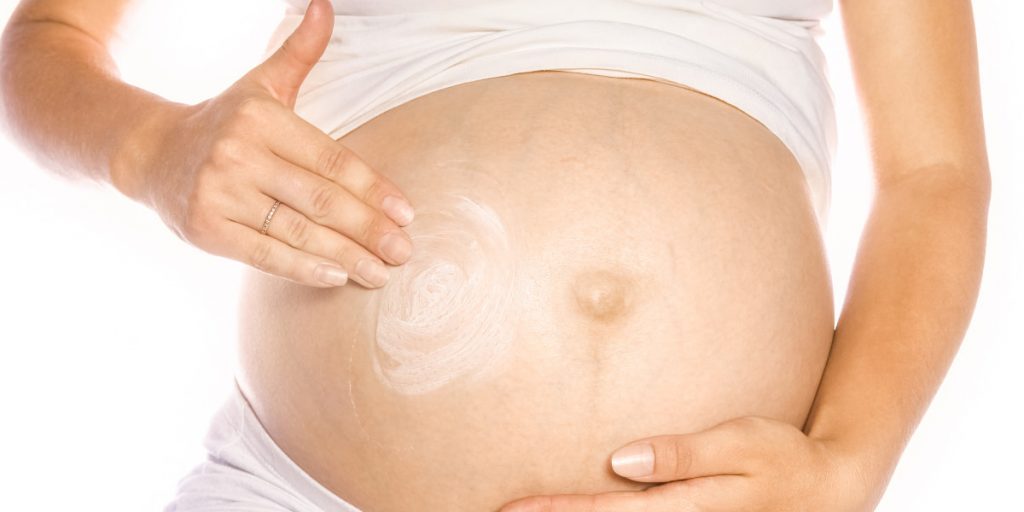
This complicated acronym has a straightforward meaning. SPF stands for Sun Protex Factor. It is a set of components that protect against unsafe rays. It covers the skin from the harmful effects of ultraviolet radiation. This radiation causes:
- redness;
- burns;
- various skin diseases.
The correct cream also prolongs your time in the sun. You can find SPF products such as:
- creams;
- sprays;
- lotions;
- gels;
- lip balms;
- foundations;
- milk, and sun oils.
You can use these pregnancy-safe sunscreen creams for different parts of the body. And apply them from your forehead to your toes. But you have to follow specific rules.
The main requirements for applying SPF products:
- Start using the cream 15-20 minutes before going outdoors. As the components of a face cream with SPF need time to activate and take effect.
- We recommend applying the SPF product evenly and densely to the skin. So that there are no unprotected areas. Since they are the first to get burnt in the sun.
- Apply the spray to the palm of your hand and then use it to cover the entire body. Never spray directly on the face, as it can get into the eyes.
- Apply any safe sunscreen protection for pregnancy every 2-3 hours, regardless of the SPF value.
You can find these rules on any cream, lotion, or other sun-protected cosmetics. But what about the advertising promise of a longer-lasting effect of SPF50 than SPF30? It is necessary to understand the difference between the different indicators of protection. However, it is better to take SPF50.
How To Choose The Safest Sunscreen For Pregnancy?
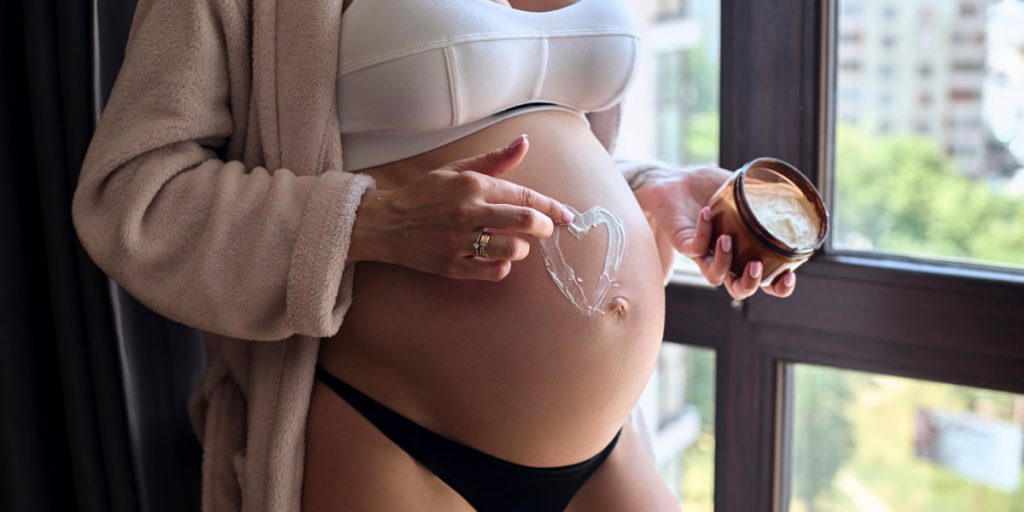
The best is to choose sunscreen for its content and safety for the skin. Before choosing a sunscreen, it is essential to understand the difference between ray types:
- UVA rays are long wavelengths of ultraviolet radiation, 95 per cent of which reach the earth. We can encounter them practically all day long. They cause the skin to tan, actually triggering the skin’s protective response. These rays also:
- provoke the formation of free radicals;
- skin ageing;
- the development of other skin damage, including cancer.
- UVB rays are medium-wave length ultraviolet radiation. Only five percent of them reach the earth’s surface. The ozone layer and clouds partially absorb them. Also, ordinary window glass can trap them. Overexposure to these rays causes redness, irritation, and sunburn.
- UVC rays are the shortest and most dangerous for humans. So, finding the best sunscreen to use while pregnant is extremely important. This radiation is the most dangerous for humans. But the good news is that they are almost entirely absorbed by the atmosphere. So they are only dangerous in places with ozone holes. That can be, for example, in Hawaii and planes if you sit by the window. The bad news is that there are more and more ozone holes in the atmosphere.
When choosing a sunblock, ensure it provides mixed protection from UVA and UVB rays. That way, you can protect your body from excessive sun exposure as much as possible.
What Ingredients Can I See In The Best Sunscreen To Use While Pregnant?
Titanium dioxide and zinc oxide are the best components for sunscreens for pregnant women.
All elements of suitable products for pregnant women can divide into three types:
| Name | Description |
| Components of inorganic origin | Usually, there are two such substances: titanium dioxide;zinc oxide. Microparticles of these minerals reflect the sun’s rays from the skin and scatter them. They have also got one new name. It is a physical UV filter. It is because of their principle of action. Titanium dioxide and zinc oxide are not absorbed by the skin and are water resistant. |
| Elements of organic origin | Unlike the previous type, there can be dozens of them in a sunscreen with SPF. The most common components are: avobenzone; benzophenones; salicylates; octinoxates; cinnamates. They convert ultraviolet rays acting on the skin into heat. They also prevent penetration into the skin. Because of this principle of functioning, we name them chemical UV filters. These organic elements are also difficult to wash off with water. So, we think it is not the best sunscreen for pregnancy. |
| Natural components | They include oils and extracts from various plants. For example, you can notice the following ingredients: peach oil; sesame oil; almond oil; avocado extracts; aloe extracts; chamomile extracts. Because of their nature and physical condition, these substances have many sound effects: have a nutritional effect; prevent the body from dehydration and exposure to sunlight. |
Before buying sunscreen with SPF, you should carefully read its composition. It is perfect if the composition contains natural oils and extracts. Then you can call it moisturizing and nourishing. But, if it only has physical and chemical UV filters, it’s a sunscreen without any other properties.
You need to choose safe sunscreen skin products for pregnancy. You should also note that not all components of cosmetics with SPF can be safe for human health. And some cause serious side effects.
What Do I Have To Avoid In Safe Sunscreens For Pregnancy?
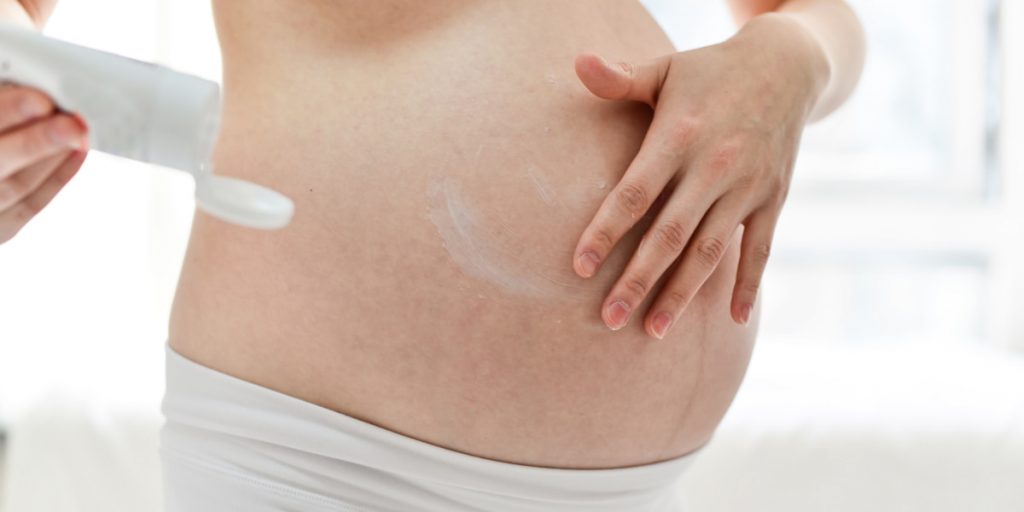
We’ve discovered the contents of a good product to protect your skin during pregnancy. Now let’s look at what women should avoid when choosing the right product. After all, it’s essential. Because no one wants to harm their future baby. Below you can read our recommendations on when using pregnancy-safe body sunscreen.
1. Refuse From Sprays
Dermatologists do not recommend using sunscreen in spray form. However, It allows you to apply protection to hard-to-reach areas of the body or to do so fairly quickly.
But sunscreens in sprays significantly increase the risk of inhaling the product. This can cause some allergic reactions. When using a spray, it isn’t easy to distribute the cream evenly. Since more sunscreen gets on some areas of the skin. And some can not get any at all.
2. High Protection Does Not Guarantee Safety
We do not recommend buying creams with a sun protection factor (SPF) higher than 50+. High SPF creams speed up skin ageing. And they can also suppress the immune system and cause skin cancer. It is one of the worst things when you choose the best sunscreen to use while pregnant.
Worst of all, high SPF creams give people a false sense of security and tempt them to stay in the sun too long. Sunscreens over 50+ protect against sunburn. But they do nothing to reduce the risk of other types of skin damage. Some countries are considering restricting the sale of very high sun protection creams. We mean indicators that are 50 and even more.
3. Avoid Oxybenzone
Many pregnant women ask, “ Is oxybenzone safe during pregnancy?” The answer is no. Almost half of all sunscreens contain the chemical oxybenzone. Otherwise, you may see such synonyms as:
- “Diphenyleketone”;
- “Benzophenone”;
- “BP”;
- “Oxybenzone,”;
- “Sulisobenzone”;
- “Sulisobenzone sodium”;
- “Diphenylmethanone”;
- “Phenyl ketone”.
Manufacturers use oxybenzone in sunscreen as a UV filter. The substance can penetrate the skin, enter the bloodstream and cause endocrine disruption. We have made such firm conclusions according to several studies. This component is hazardous for safe sunscreen for pregnancy.
4. Avoid Retinyl Palmitate
Retinyl palmitate can accelerate skin damage and contribute to the development of tumours.
Additional studies on the safety and usefulness of retinyl palmitate in sunscreens are currently underway.
Scientists have yet to resolve whether retinyl palmitate in sunscreens is safe and effective. We recommend following the precautionary principle. While you are pregnant, you should not use sunscreens containing retinyl palmitate.
5. Choose Product Without Parabens
Manufactures use parabens in creams as preservatives. However, there are many substances in the paraben group:
- Methyl-;
- Butyl-;
- Propyl-.
They can contribute to allergic reactions in the skin. Also they destroy enzymes and practically kill all living cells. They also act like xeno-estrogens. Experts say that they accumulate in the body and upset the hormonal balance. They also increase the risk of breast cancer. We can say that such products are not the best sunscreen for pregnancy.
6. Avoid Vaseline And Mineral Oils
Vaseline and mineral oil are petroleum products. They can interfere with natural moisturizing, causing skin dryness and cracking. They are also often contaminated with byproducts that have carcinogenic properties. We call them polycyclic aromatic hydrocarbons. It is best to avoid these ingredients in sunscreens.
What Are The Best Sunscreen Filters For Pregnancy?
Mineral filters work best. Let’s see why mineral sunscreen is pregnancy-safe. Physical (mineral) filters are zinc oxide and titanium dioxide. They remain on the skin’s surface, forming a reflective shield.
Most often, such filters have a denser texture and whiten the skin to a greater or lesser extent. The advantages are that they are safe even for children, which pregnant women need. They are also suitable for:
- reactive;
- atopic;
- problematic skin.
Pregnancy-safe mineral sunscreen needs renewal every 2 hours during the day. You do so:
- When you are continuously exposed to the sun;
- After each bath;
- After physical skin contact with objects (hygiene mask, towel, etc.).
There are also chemical (organic) filters. These are all the others. There are a lot of them, and they are divided into old and new-generation filters. The latter is preferred. They remain photostable for a long time. Also, they do not need refreshing during the day and are suitable for sensitive skin.
They are suitable for those who do makeup every day, do not suffer from skin sensitivity or diseases, and for whom comfort of use and the absence of a whitish finish are most important. But we do not recommend their use because they can be dangerous for the fetus in the abdomen.
Bottom Line
It is significant to find an excellent pregnancy safe body sunscreen. This product is important for women, including pregnant women. It helps protect from skin cancer, premature ageing, wrinkles, age spots, and burns. The FDA regulates sunscreens. The safest ingredients are minerals such as zinc oxide and titanium dioxide.
Several excellent sunscreens can provide safe protection for your skin and your child during the critical early development period. It is essential to use these sunscreens regularly. So apply some and go out for a walk in the fresh air!
FAQ
What To Buy As Pregnancy-safe Body Sunscreens?
Avoiding chemical sunscreens and choosing physical (sometimes called mineral) sunscreens is best during pregnancy. You can look for a sunscreen that contains titanium dioxide or zinc oxide. Mineral sunscreens are also recommended during breastfeeding.
What Happens If I Don’t Use Safe Sunscreen For Pregnancy?
The worst thing that can happen is that you get skin cancer, but you can’t stop photoaging, either. The skin dries out, more wrinkles appear, and it loses moisture. It can also affect the course of your pregnancy. Excessive sun exposure can harm the fetus.
At What Gestational Age Should I Start Using Sunscreen?
You should apply sunscreen throughout your pregnancy when you are in direct sunlight. Stay out of the sun during peak hours and cover as much of your skin as possible.
How Many Sunscreens Should I Apply To My Face?
It is often recommended to apply a third to a quarter of a teaspoon of sunscreen to the face. The FDA standard is 2 mg of sunscreen per square centimetre of skin.


